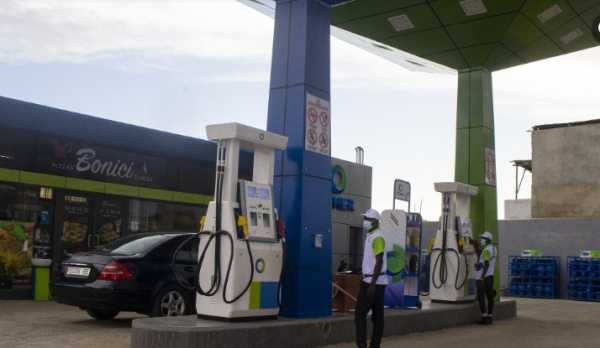Since the start of the year, the Togolese government has spent more than CFA25 billion on fuel subsidies. When the information was acquired, the nation’s fuel costs had recently surged once more.
The government provided subsidies for super unleaded, kerosene, and diesel to offset the recent price increase. For the three products, the corresponding subsidies are CFA178, CF160, and CFA233.
Given that the price is still rising, the subsidy that helped to temper the price increase has turned into a trap, which benefits foreign actors. According to a source familiar with the situation, “people come here to purchase and sell elsewhere.
This price hike is a result of a “technical adjustment” brought on by the sharply rising price of oil globally.
The government also stated that it substantially went above the amount it had budgeted for subsidies for the time period under consideration.
“Supporting other industries won’t be possible if we keep things at this pace. In the meantime, our insider continued, “the subsidy on fertilizers for farmers, for example, is also necessary.
In the past two months, oil prices have fluctuated due to unpredictability brought on by the Russia-Ukraine conflict, which is causing an energy crisis, particularly in Europe. One of the primary benchmarks for measuring the price of a barrel, the Brent, is still over the $100 level, and many analysts predict that it will eventually reach a price of about $150 per barrel.
For French-speaking nations in West Africa, where the CFA, a currency tied to the euro, has been declining against the dollar during recent weeks, the situation is particularly uncomfortable.





